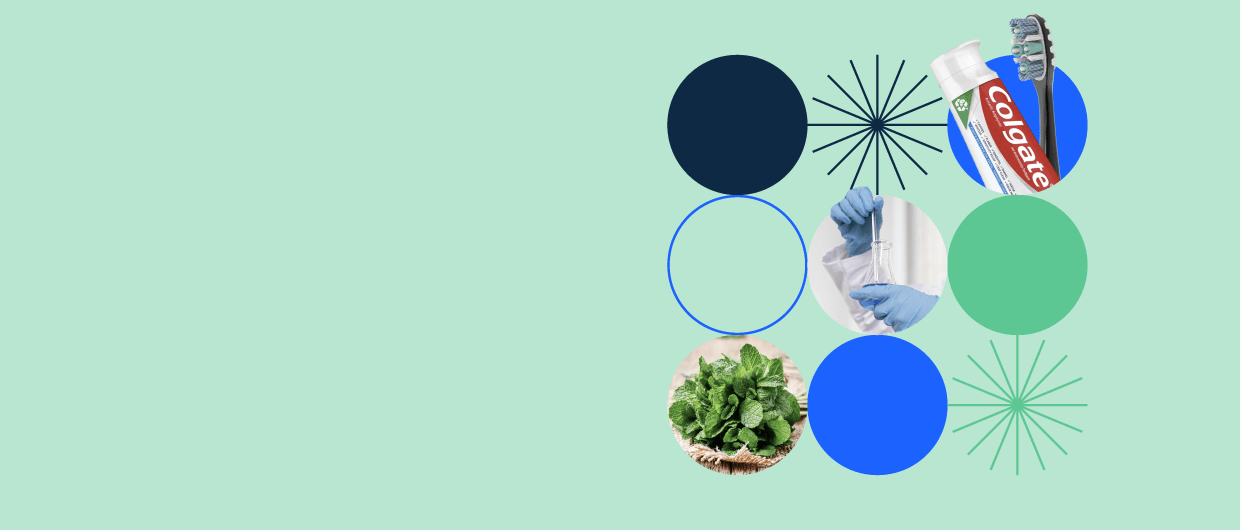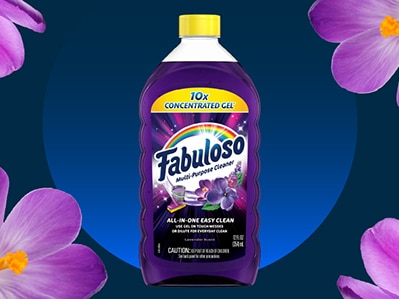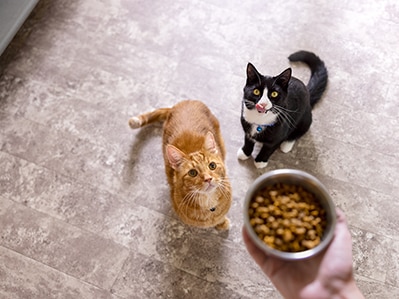For most people, fresh breath means that your breath smells good. But as Senior Principal Scientist in Research & Development at Colgate-Palmolive, Lyndsay Schaeffer, notes, it goes much further than that. In this Colgate-Palmolive Science Behind series, Schaeffer debunks common misconceptions surrounding bad breath, the science behind it and the number one piece of advice she has as an expert in oral health.
The Illusion of Smelling Our Breath
Have you ever breathed into your hand to see how it smells? While it may give you some indication, you’re not getting the full picture, Schaeffer says. “Smelling your breath to check its quality can be misleading because we often can't accurately smell ourselves,” she notes. To get a sense of the quality of our breath, Schaeffer says, we should instead be looking at some of the factors that may be contributing to it.
Diet Influences How Our Breath Smells
While it's widely recognized that certain foods can worsen breath odor — we’re looking at you, garlic and onions — Schaeffer highlights an often-overlooked aspect: foods that can actually improve it. "Eating apples and chewing on herbs like basil are natural ways to cleanse your mouth and freshen your breath," she notes.
Beyond the Social Embarrassment
The impact of bad breath extends beyond mere social discomfort. “Bad breath can indicate issues with oral health or other bodily diseases, as many have distinct bad breath odors,” Schaeffer notes. “While smelling good is important, it's also crucial to address any underlying health problems.” Using oral care products that kill odor-causing bacteria — like Colgate Plax Mouthwash — ensures that you can get to the root of bad breath by treating it at the source.
The #1 Piece of Advice For Good Oral Health
It should come to no surprise for people with good oral health habits: never skip a dental visit. “A lot of diseases have very distinct bad breath associated with them,” Schaeffer notes. “And while Colgate-Palmolive wants to help make your breath smell good, we also want to make sure that you’re not dealing with something else.” Regular cleanings at the dentist can reset your oral health — “even if your brushing and flossing habits aren't perfect,” Schaeffer says. .
What is morning breath?
So why is our breath in the morning worse than later in the day? “Morning breath is a buildup of odor-causing substances that accumulate during the day but are not expelled due to the mouth being closed at night,” Schaeffer says, adding that the lack of eating, drinking, and saliva flow prevents the mouth from clearing the substances.
Not only is a significant focus of Schaeffer’s research is on understanding and combating bad breath — it’s about when it happens.
To study and combat the problem, Schaeffer and fellow Colgate-Palmolive scientists grow bacteria that contain different substances that convert bacteria into malodors. By using an anaerobic chamber — an oxygen-free incubator — Colgate-Palmolive can cultivate bacteria that are oxygen-sensitive and often responsible for bad odors to understand how to effectively combat them.
Interested in seeing more of Colgate-Palmolive’s Science Behind series? Follow us on LinkedIn, Instagram and TikTok to see how we’re reimagining a healthier future for all people, their pets and our planet.
To gain a better understanding of your oral health and to see what you can do to brush up on your habits, take Colgate-Palmolive’s Know Your OQ quiz.




